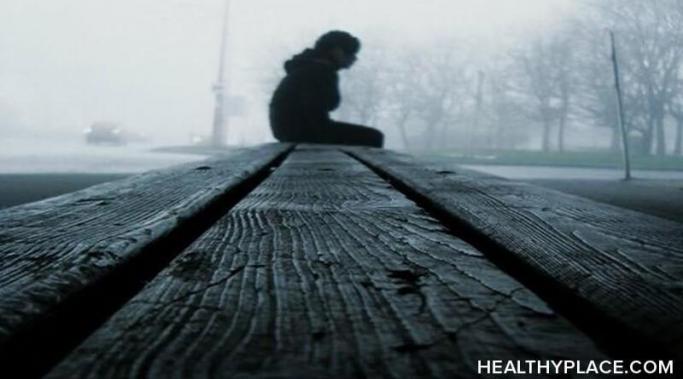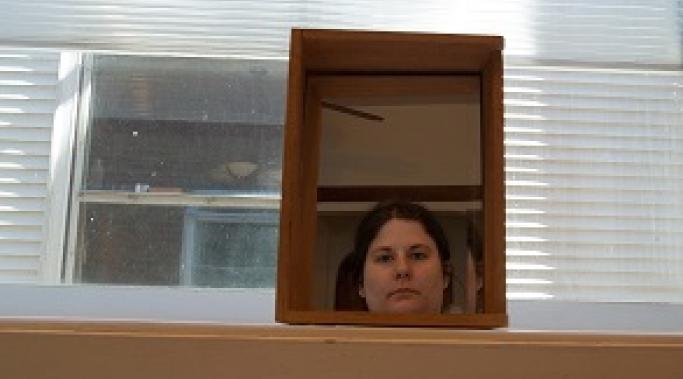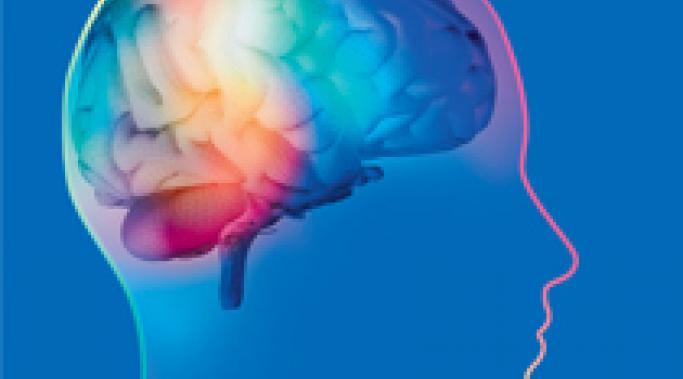I took an atypical antipsychotic medication that makes you feel numb when I was first diagnosed with schizophrenia in 1999. It wasn’t until I was diagnosed with schizoaffective disorder, bipolar type and tried a mood stabilizer that my doctor allowed the antipsychotic dosage to be decreased. Finally, I felt like myself again.
Schizophrenia Treatment
Recovery after my first schizophrenic episode crosses my mind each year in January. I like this time of year. Not only is the craziness of the holidays over, but everyone seems to slow down for a few months. Of course, I still have to be careful at this time of year because of my seasonal affective disorder (SAD). But I think I like January because, in January 1999, I recovered after my first schizophrenic episode.
When you're receiving the benefit of schizophrenia treatment due to having a psychotic episode (because of schizophrenia or schizoaffective disorder), and find yourself on psychiatric medication, it is hard to think that any good may have come out of it. No matter if you racked up two college degrees in spite of it. No matter if you found a loving partner in spite of it. It seems that all the good came in spite of it. But recently I thought of one benefit that came because of getting diagnosed and receiving schizophrenia treatment.
Since I was diagnosed with schizophrenia almost 20 years ago and then with schizoaffective disorder 15 years ago, I’ve gone through scores of psychiatric medication changes. They’re never fun but remain necessary as I work with my doctor to keep the dosage as low as possible and schizophrenia symptoms under control. I’m going through a psychiatric medication change right now after a peak of anxiety. You can probably relate to the way it’s affecting my schizophrenic and schizoaffective symptoms.
Weight gain caused by medication is a reality. I have schizoaffective disorder, which is a combination of bipolar disorder and schizophrenia. I take an atypical antipsychotic medication for schizoaffective disorder that causes extreme weight gain. Although many people with schizophrenia or schizoaffective disorder who take medications similar to mine make heroic efforts to fight the weight gain, I’ve come to accept it—although it’s been harder to accept that I need the medication in the first place.
I have schizoaffective disorder, which is a combination of schizophrenia and bipolar disorder. I recently completed a partial hospitalization for a schizoaffective disorder program, and taking the train to the hospital every day reminded me so much of the time, nine years ago, when my schizoaffective symptoms got so bad that I was admitted as an inpatient in the psychiatric ward of this same hospital. Here’s what it’s like to experience hospitalization for schizoaffective disorder or any mental illness.
I try my best to avoid mania in my schizoaffective disorder. Schizoaffective disorder is a combination of bipolar disorder and schizophrenia. If you think that sounds like it really sucks, you’re right. The mania of bipolar disorder is what brought on my first psychotic episode. During mania, I’ve done some very irresponsible things, like overspending during compulsive shopping sprees. Fortunately, I’ve reached a point in my schizoaffective disorder where I can see the warning signs of mania and divert them to some degree (Managing a Manic Episode). I do usually manage to avoid mania in my schizoaffective disorder.
Schizophrenia is an illness that causes intense pain and distress for its victims. In our suffering, we can seek solace and relief in ways that can worsen our symptoms. Some of us will turn towards drugs and alcohol in a desperate attempt to dull our pain. I, myself, was one of those individuals. Initially, I used alcohol as a way to cope with the pain that I experienced due to my schizophrenia symptoms. This temporary relief came at a great cost, however. Inevitably my illness worsened and my path towards recovery became more difficult.
A New Dawn for Schizophrenia
Slipping through the cracks of the mental health system is all to easy for people who suffer from schizophrenia. Some of us wander the streets homeless. Others, end up in shelters and community homes. Though this is a common scenario today, in the future it will be less so. As bleak as the present may seem for many people, there will be a time when people with schizophrenia will defy the stereotypes that are associated with our illness. The reasons for this are as follows:
I have Schizophrenia and because of this I understand that my illness can be a liability for myself and those around me. Though I am a productive citizen of society when medicated, my illness also puts me at risk for relapse in the future. For this reason, I would never allow myself access to firearms for both my personal safety and those around me. This is not because I am an evil person, but because Schizophrenia can result in erratic behavior if uncontrolled. People with Schizophrenia are at high risk for suicide, as nearly 10% will end our lives from our illness. There have also been incidences of homicides as a result of psychotic episodes.









